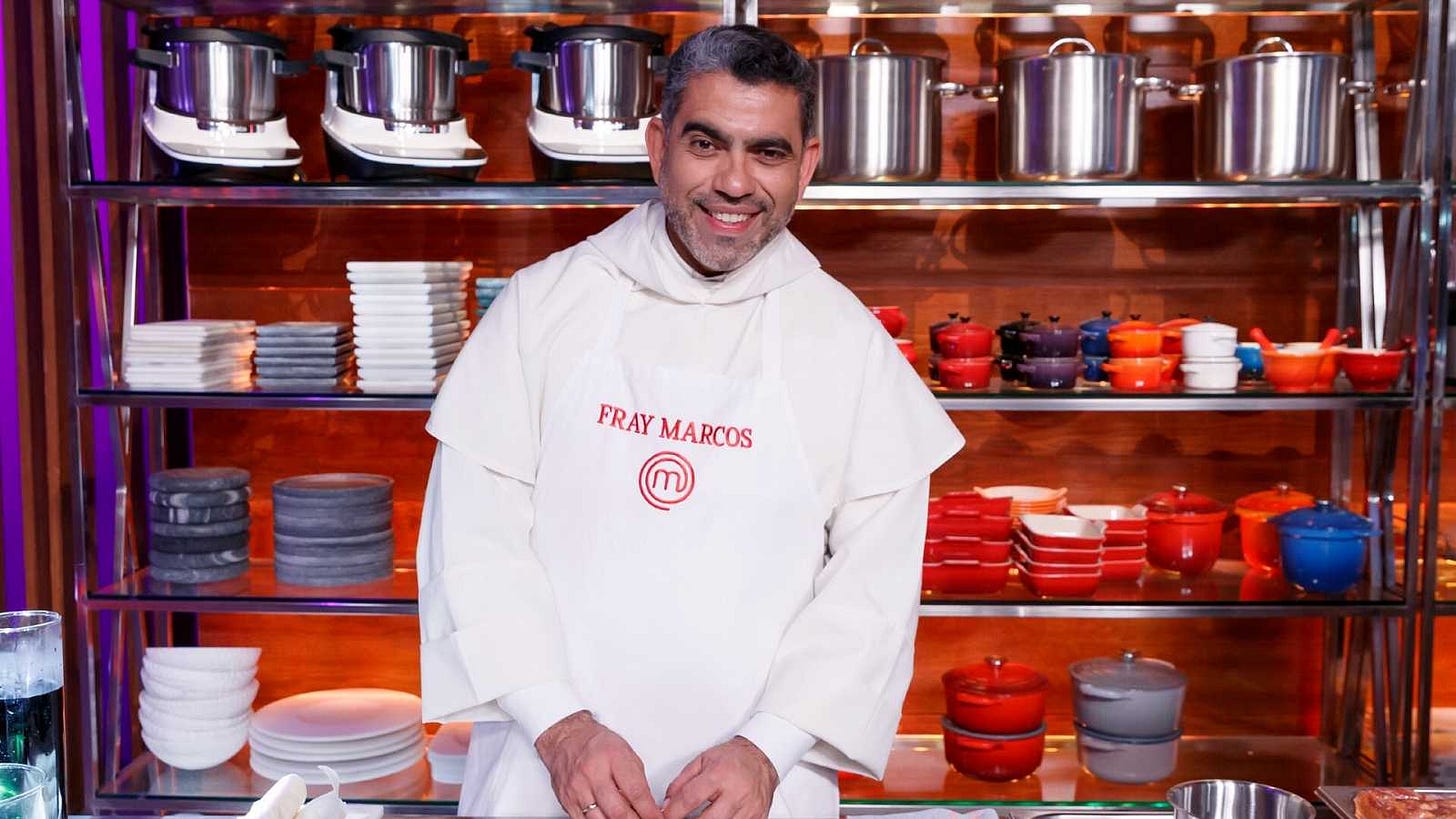Finding 'God in pots and pans' - and on MasterChef
Fr. Marcos Garcia, OP, was a contestant on Spain's MasterChef. Was it a gimmick, or effective evangelization?
MasterChef is perhaps the best-known culinary competition show in the world, with dozens of editions in countries around the world.
Spain is no exception, where the show has 11 seasons under its belt — and Spain’s version of the show is popular in parts of Latin America, as well.

